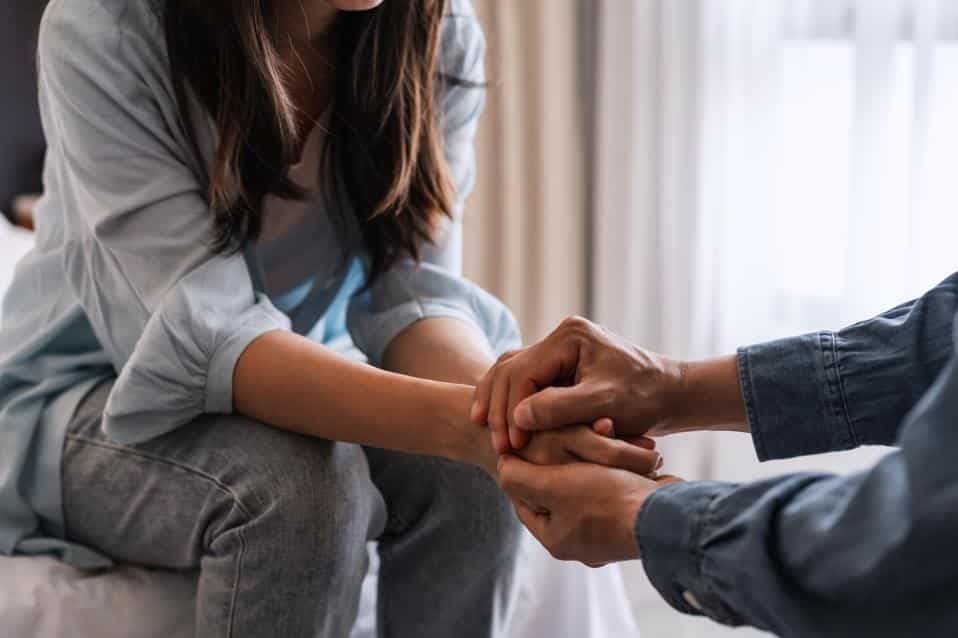When Cindy and Anne Jordan’s daughter Rylie confided that “no one understands me,” it was a moment that altered the course of the Jordans’ lives. Rylie’s overdose during the pandemic gave the lifelong partners the painful clarity that the problem wasn’t just mental illness. It was isolation.
By early 2025, surveys indicated that between one-third and more than half of U.S. adults reported feeling lonely, though exact figures differ across studies. The burden falls heaviest on younger Americans, especially Gen Z and men ages 15 to 34, who consistently experience higher rates of loneliness than older generations. Many respondents cite technology, long work hours, and excessive social media use as key contributors, even as family and friends remain the most trusted sources of connection and community.
“It is when your brain clinically starts to rewire for you to believe that no one and nothing can help you, and that’s why it’s so deadly,” said Cindy during a Zoom interview. “We’ve ignored loneliness as a country because there’s no pharmaceutical attached to it.”
Read the full article on Forbes.com

